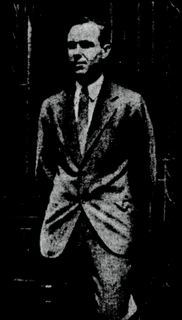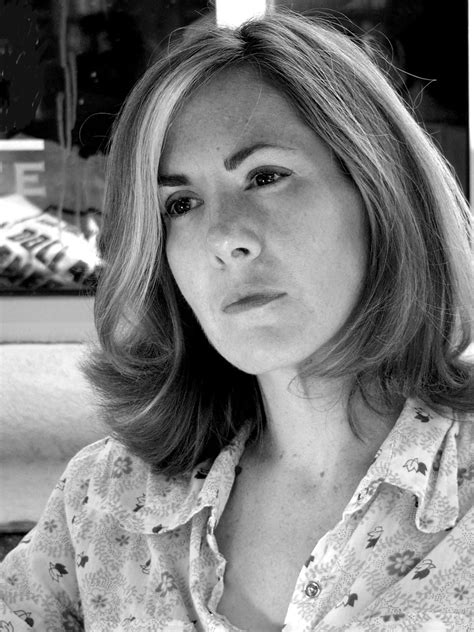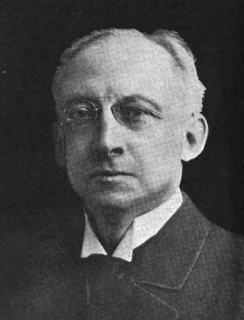A Quote by Corliss Lamont
The theory that everyone acts from self-interest, direct or indirect, is psychologically unsound. . . . Throughout history . . . there have been millions of men and women with some sort of Humanist philosophy who have consciously given up their lives for a social ideal.
Related Quotes
Throughout their lives, women try to pummel their bodies into some phantom ideal shape that exists only with a lot of airbrushing. ... I don't blame men for this. Men seem to go for us no matter what size and shape we are. I blame capitalism. No, really. The consumer must constantly be in a state of anxious low self-esteem so that she will constantly buy lipsticks and girdles to make her feel cuter.
The ideal of faith in ourselves is of the greatest help to us. If faith in ourselves had been more extensively taught and practiced, I am sure a very large portion of the evils and miseries that we have would have vanished. Throughout the history of mankind, if any motive power has been more potent than another in the lives of all great men and women, it is that of faith in themselves.
If you go off into general-interest magazines, often women are being shoved aside into various ghettos that perpetuate the problem. Women's interests are specialized, they're secondary; they're somewhere over to the side of the serious work that's being done. Throughout history, there have been ladies' magazines, ladies' journals, and for years there have been women writers who would refuse to participate in women-only sort projects because of that stigma.
What has made America amazing has been the fact that throughout our history, throughout the more than 200 years of our history, there have been men and women of courage who stood up and decided it was more important to look out for the future of their children and their grandchildren than their own political futures.
In times of crisis what has made America amazing has been the fact that, throughout our history, throughout the more than 200 years of our history, there have been men and women of courage, who stood up and decided it was more important to look out for the future of their children and their grandchildren than their own political futures.
Men follow their sentiments and their self-interest, but it pleases them to imagine that they follow reason. And so they look for, and always find, some theory which, a posteriori, makes their actions appear to be logical. If that theory could be demolished scientifically, the only result would be that another theory would be substituted for the first one, and for the same purpose.
What if not just women, but both men and women, worked smart, more flexible schedules? What if the workplace itself was more fluid than the rigid and narrow ladder to success of the ideal worker? And what if both men and women became responsible for raising children and managing the home, sharing work, love, and play? Could everyone then live whole lives?
Men create their own gods and thus have some slight understanding that they are self-fabricated. Women are much more susceptible, because they are completely oppressed by men; they take men at their word and believe in the gods that men have made up. The situation of women, their culture, makes them kneel more often before the gods that have been created by men than men themselves do, who know what they've done. To this extent, women will be more fanatical, whether it is for fascism or for totalitarianism.
Anarchism is in reality the ideal of political and social science, and also the ideal of religion. It is the ideal to which Jesus Christ looked forward. Christ founded no church, established no state, gave practically no laws, organized no government and set up no external authority, but he did seek to write on the hearts of men God's law and make them self-legislating.
Philosophy is not a body of knowledge to impart to someone, that's why reading philosophy books isn't always the best way of learning philosophy. Philosophy is really more the process of rational engagement, rational reflection with a diversity of views and ideas and opinions and trying to sort of reason your way through to a more reflective position. I think if you look at it that way, philosophizing is to some extent some small way a part of almost everyone's lives although they don't recognize it as such and a lot of people are embarrassed about it.








































